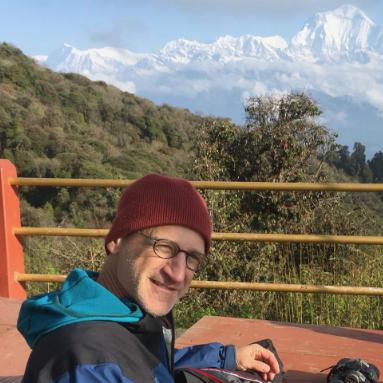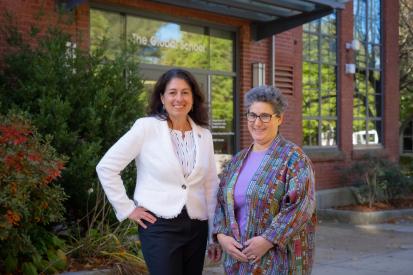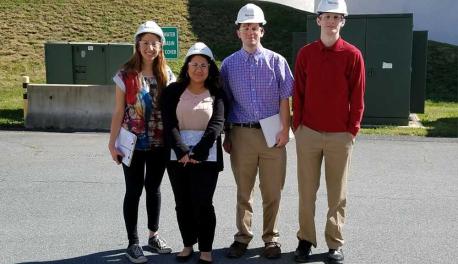

Seth has been part of the Interdisciplinary and Global Studies Division since 2002, as teacher, advisor, and co-director of project centers. He is the co-Director of the Boston Project Center and was the co-Director of the Bangkok Project Center from 2011-2018. He enjoys exposing students to contemporary problems in environmental and public health policy making and challenging them to apply insights emerging from research to practical applications. He loves share his curiosity with students about the ways that people are impacted by different technological and natural systems.
A desire to link research and practice has been a central part of Seth’s work since receiving his PhD in Environmental Science and Policy from Clark University in 1996. Seth’s research interests have been concerned with risk governance, public participation, longterm stewardship of contaminated sites, and developing tools to characterize human impacts and vulnerabilities to risk events. He has conducted research, largely with colleagues at the Social and Environmental Research Institute, in a wide range of policy arenas, most recently focused on climate change adaptation planning, clean-up of sites in the US nuclear weapons complex, and nuclear waste management. A thread throughout his work has been to empower communities to participate more effectively in the management of risk.
For more information about Seth's research visit www.seri-us.org and www.vcapsforplanning.org
Seth was a member of federal Advisory Committee on Energy-Related Epidemiologic Research that provided advice to the Centers for Disease Control and Prevention on health studies arising from programs of the US nuclear weapons complex and chaired its Subcommittee for Community Affairs for 2 years. The role of this subcommittee was to bring voices of community residents into deliberations about health study designs and public health responses to contamination from nuclear weapons facilities. He also served on the National Academies of Science Committee on Transportation of Spent Nuclear Fuel and High Level Radioactive Waste, Standing Committee on Chemical Demilitarization, and Committee on Alternatives for the Demilitarization of Conventional Munitions.
Scholarly Work
Tuler, S. and Webler T. 2010. How preferences for public participation are linked to perceptions of the context, preferences for outcomes, and individual characteristics, Environmental Management 46(2):254-267. 2010
Rosa, Eugene A., Tuler, S. P., Fischhoff, B., Webler, T., Friedman, S. M., Sclove, R. E., Shrader-Frechette, K., English, M. R., Kasperson, R. E., Goble, R. L., Leschine, T. M., Freudenburg, W., Chess, C., Perrow, C., Erikson, K., and Short, J. F. 2010. Nuclear waste: Knowledge waste?, Science 329(5993):762–763. 2010
National Academies of Sciences, Engineering, and Medicine’s Committee on Alternatives for the Demilitarization of Conventional Munitions
National Academies of Sciences, Engineering, and Medicine’s Standing Committee on Chemical Demilitarization
National Academies of Sciences, Engineering, and Medicine’s Committee on Review of Criteria for Successful Treatment of Hydrolysate at PCAPP and BGCAPP
National Academy of Sciences Committee on Transportation of High-level Radioactive Waste and Spent Nuclear Fuel
Fulbright Scholarship in Thailand


